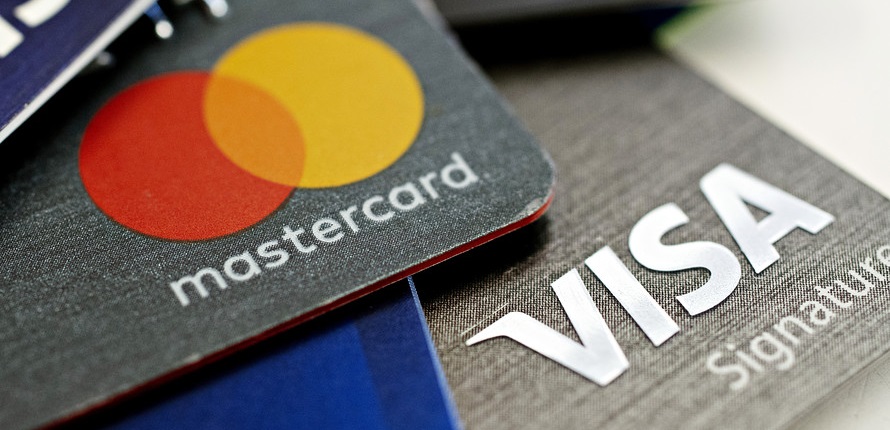
an article by Panagiotis Kriaris, Head Of Business & Corporate Development at Unzer
Visa and MC have a simple but very profitable business model: they manage the rails that connect banks with customers. This middleman role allows them to define:
— access fees (to rout card payments through their network)
— the interchange (or swipe) fees that merchants pay to the card issuers (banks).
The US and Canada have the highest interchange fees in the world, ranging from 1.5% of the purchase price to even 3.5%. For comparison, Europe has (since 2015) a cap of 0.2% for debit cards and 0.3% for credit cards.
And this is what this is about: merchants complaining about high fees.
Numbers are telling (source: Nilson):
— US merchants paid $172bn in processing fees to accept $11.2tn in card payments in 2023
— Interchange fees make ~80% of this amount
What the settlement is about:
— One of the largest antitrust settlements in US history
— Covers all US merchants that accept Visa and MC (except for opt outs)
— Needs to be approved by a US NY court (late 2024 / early 2025) – appeals are permitted
Key provisions:
1. Reduce swipe fees by at least 4 basis points (0.04%) for at least 3 years
2. Not raise swipe fees for 5 years (vs 31 Dec 2023)
3. For 5 years ensure a reduction of the average rate (vs 31 Dec 2023) by at least 7 basis points (0.07%)
4. Allow merchants to differentiate pricing (i.e. card type, discounts, surcharges), effectively steering consumers to preferred cards
5. Total value of fee rollbacks and caps is $29.79 bn
6. Smaller merchants can group together to negotiate fees and solve disputes with Visa and MC
Is it a good deal? For Visa and MC definitely:
— Fees will stay high: the average interchange fee will go down from 2.26% of the transaction (Nilson) to 2.19% (7 bps difference) – that’s only 3%!
— Savings are temporary
— $30bn over 5 years is only around 1/5 of interchange fees
Real impact, beyond the headlines:
1. The source of the cuts is not specified – given the schemes’ dominance it will likely come mostly from the banks
2. The banks will try to indirectly offset the increase, i.e. reduce rewards or increase card membership fees
3. Smaller banks are at a disadvantage over bigger ones, who can use their size to negotiate discounts with big retailers
4. Merchants will likely encourage cheaper transactions (i.e. cash or debit cards) at the expense of credit cards
5. Merchants’ increased ability to set pricing can, in theory, boost competition – in practice, it remains to be seen
6. Premium credit card programs with high annual fees in exchange for perks like hotel credits, airline miles or discounts will be affected the most, as they are funded by such fees. Credit card holders used to such perks may end up paying the bil
Banking 4.0 – „how was the experience for you”
„To be honest I think that Sinaia, your conference, is much better then Davos.”
Many more interesting quotes in the video below: